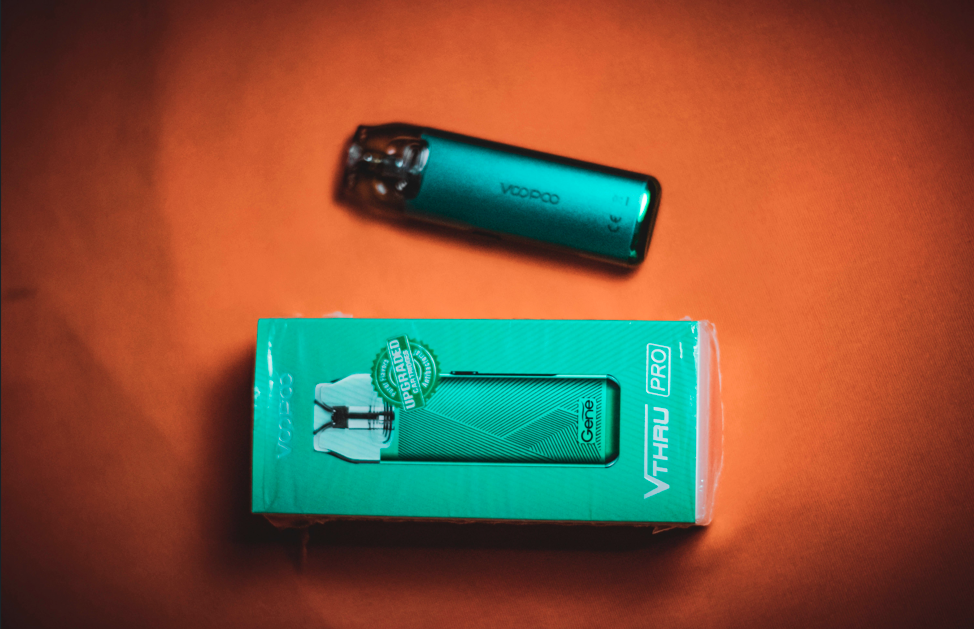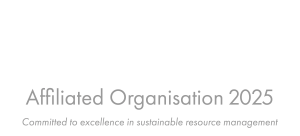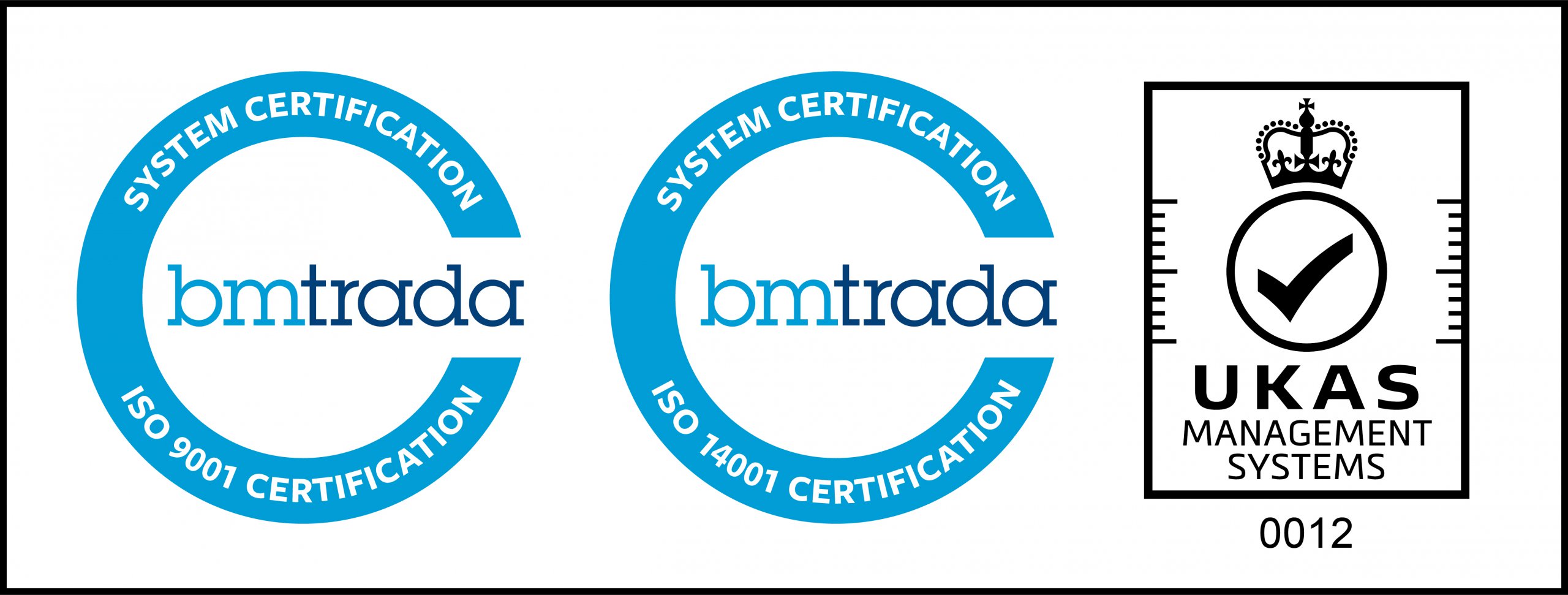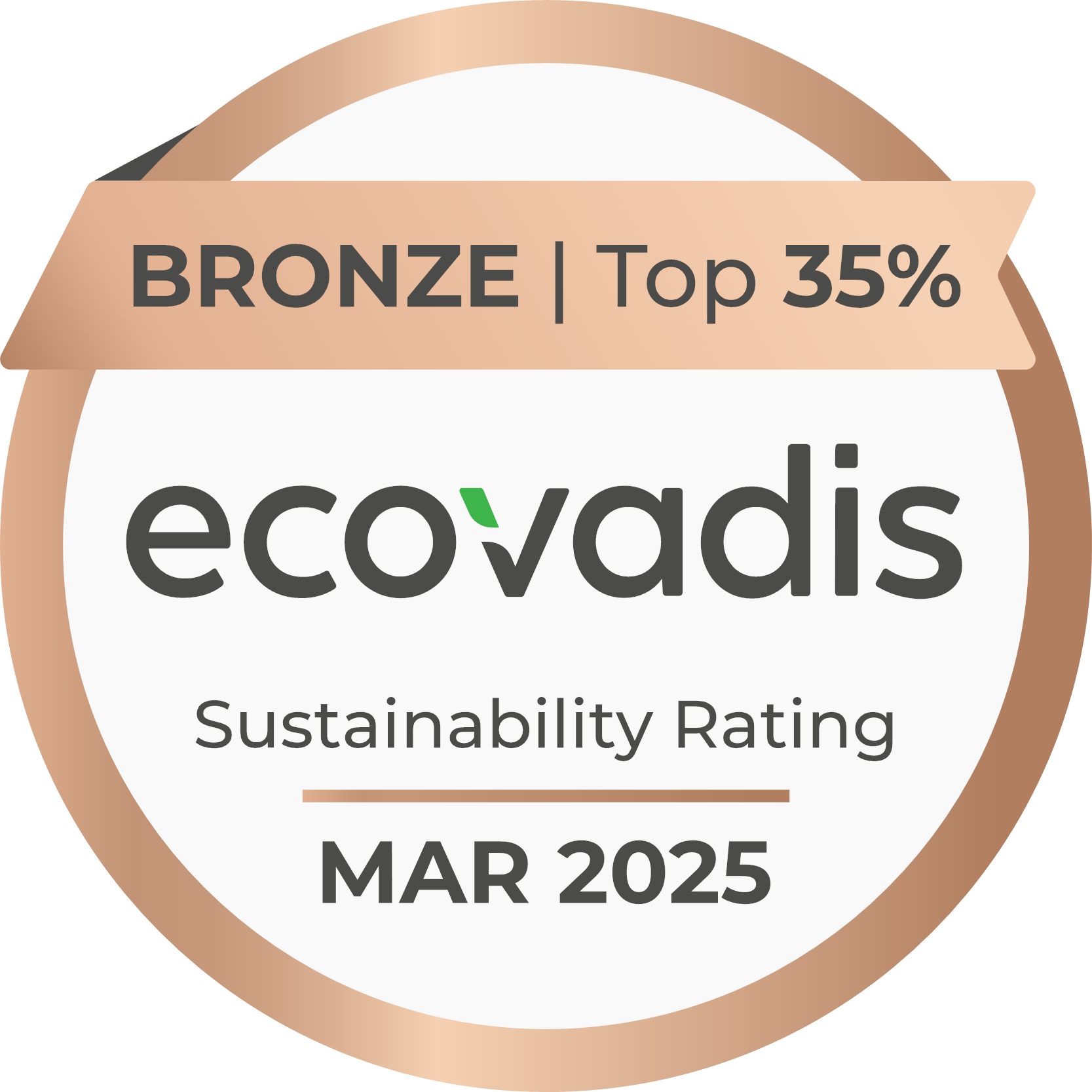The European Commission has adopted a ‘Circular Economy Action Plan’, and promised to launch “concrete actions” on packaging, WEEE and batteries.
The UK has pledged to adopt the Circular Economy into UK legislation. When the Environment Bill was brought back for the latest parliamentary, the government also promised a review of legislation every two years.
The Action Plan aims to make the European economy “fit for a green future” protecting the environment and giving rights to consumers.
For WEEE, a ‘Circular Electronics Initiative' will be launched to have longer product lifetimes, and improve the collection and treatment of waste.
A new regulatory framework was also outlined for batteries and vehicles, aimed at enhancing the sustainability and boosting the circular potential of batteries.
This comes as data for the 2019 compliance year for batteries showed that a high proportion of lead acid batteries are still being collected as portable.
The data revealed that the UK collected 17,386 tonnes of batteries in 2019, against a target of 17,644. However, 1,212 tonnes of lead acid batteries placed on the market in 2019, making up 3% of the total, but 10,746 tonnes were collected, 62% of total figure.
The UK government promised a review of its system in its Resources and Waste Strategy.
For packaging, the Commission said it would adopt mandatory requirements on what is allowed on the EU market, including the reduction of (over)packaging.
This comes as a consultation is scheduled to be launched on the future of the Extended Producer Responsibility system in England.
Executive Vice-President for the European Green Deal, Frans Timmermans, said: “To achieve climate-neutrality by 2050, to preserve our natural environment, and to strengthen our economic competitiveness, requires a fully circular economy.
“Today, our economy is still mostly linear, with only 12% of secondary materials and resources being brought back into the economy. Many products break down too easily, cannot be reused, repaired or recycled, or are made for single use only. There is a huge potential to be exploited both for businesses and consumers.”




